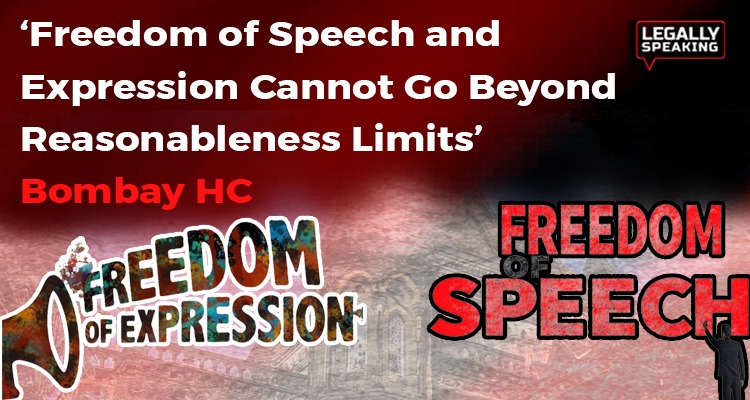
The Bombay High Court emphasized that freedom of speech and expression must be exercised within reasonable limits to prevent potential disastrous consequences.
A bench of Justice Milind Jadhav upheld the termination of an employee from Hitachi Astemo Fie, an auto parts manufacturing company, who had posted two Facebook messages critical of the company.
The company had challenged a labor court’s decision that overturned the employee’s termination, citing provocative posts against Hitachi. Justice Jadhav, in his ruling, noted that the posts were intended to incite hatred against the company and were clearly provocative. The court emphasized the need to send a strong message against such actions, stating that they should be curtailed at an early stage.
The bench stressed that freedom of speech and expression should not exceed the bounds of reasonableness, as allowing such transgressions could have disastrous consequences. The court highlighted that in certain instances, waiting for consequences to unfold is not practical, and preventive measures are necessary to avoid sending the wrong signal to society.
The court underlined the significance of discipline in the conduct of employees, stating that it is a fundamental aspect of their role. It asserted that regulating the behavior of workers is essential for maintaining peace within the establishment and its surroundings.
Considering the prevalence of mobile phones and easy access to social media, the court acknowledged the convenience of accessing Facebook accounts through mobile devices. Hitachi argued that the employee had posted the messages during a wage settlement dispute, claiming they were defamatory, damaging the company’s reputation, and inciting other employees against management.
In 2018, the company’s inquiry officer found the employee guilty of misconduct, leading to his termination on May 2, 2018. The employee contested the termination before the labor court in Pune, which annulled the order. Hitachi subsequently appealed this decision before the Bombay High Court.




